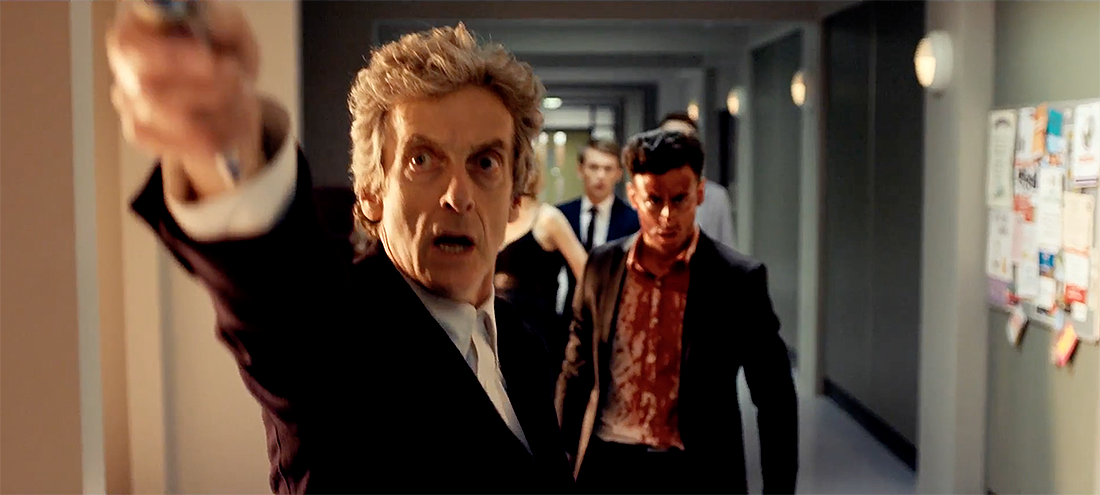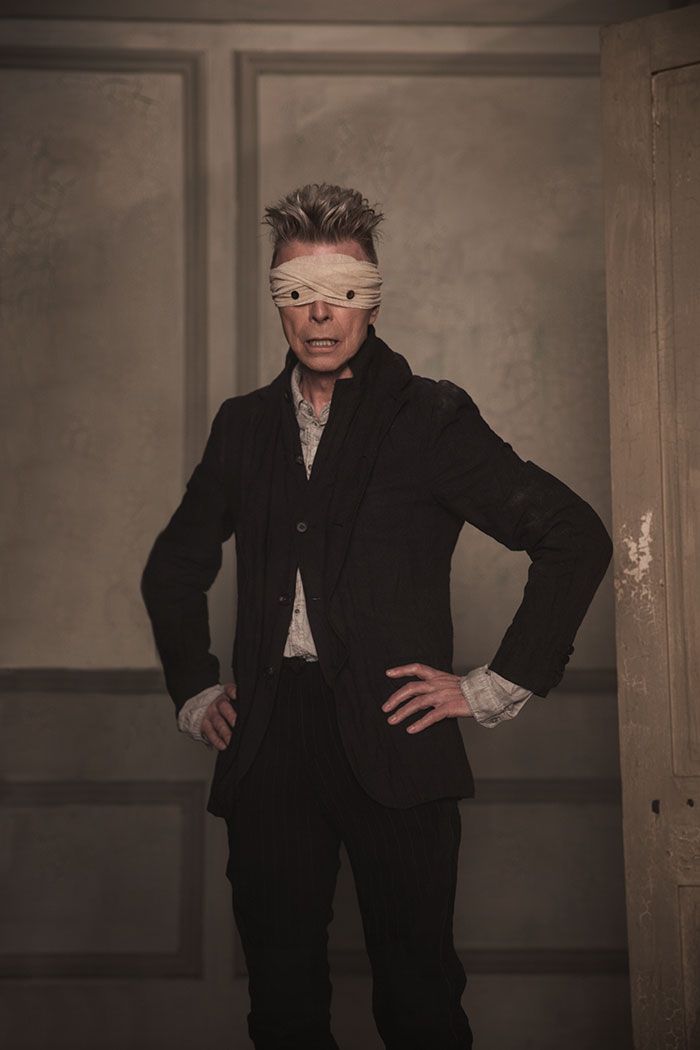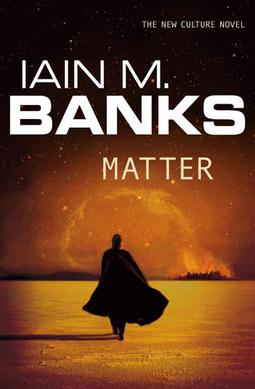Outside The Government: For Tonight We Might Die
 It’s October 22nd, 2016. Little Mix are at number one with “Shout Out to my Ex,” with James Arthur, the Weeknd, Sia, Ariana Grande, and Calvin Harris also charting. In news, most of 2016 has happened. The US Presidential election is in full swing, Theresa May is in 10 Downing street, Jeremy Corbyn has survived an attempt to replace him as head of the Labour Party, and UKIP is in its usual chaos.
It’s October 22nd, 2016. Little Mix are at number one with “Shout Out to my Ex,” with James Arthur, the Weeknd, Sia, Ariana Grande, and Calvin Harris also charting. In news, most of 2016 has happened. The US Presidential election is in full swing, Theresa May is in 10 Downing street, Jeremy Corbyn has survived an attempt to replace him as head of the Labour Party, and UKIP is in its usual chaos.
While on television… well, actually, let’s start there. Class is on television in a sense that we’ve never really dealt with before. It’s a BBC Three show. But unlike Torchwood, which premiered ten years earlier to the day, BBC Three in 2016 is an online only channel following a round of budget cuts that resulted in the shuttering of BBC Three as a broadcast channel. This move contained a wealth of decisions about priorities and privilege. For instance, BBC Four, the more adult-oriented channel with a heavy focus on arts and entertainment programs, remained in place. Instead what was axed was the channel focused on the 16-34 age group and on experimenting with new programs and new talent.
As a hedge against the obvious (and true) perception that taking it off the air consisted of some sort of deemphasis of BBC Three the BBC looked for some high profile programs to commission for the new online service. Unsurprisingly given that their previous Doctor Who spinoff was among the network’s biggest hits, one of these, announced a month before the decision to pull the plug on BBC Three was actually formalized, was another spinoff: Class. Tragically not the result of hiring Jack Graham to write an openly Marxist Doctor Who spinoff, Class is instead a series by acclaimed young adult author Patrick Ness in which kids at Coal Hill School (now Coal Hill Academy) fight aliens.
In practice, this was a flop. The first episode pulled 660,000 people on iPlayer, with 1.1m tuning in in early 2017 for a BBC1 re-airing. By episode two, those numbers fell to 300,000 and 600,000 respectively. The BBC1 airing would eventually bottom out at 300,000, while the BBC Three version dropped to 195,000. Its AIs ranged from 70 to 82, with five of the episodes coming in below 80. This was in no way a good enough performance on the part of the new BBC Three’s flagship program, and so Class wrapped after a single season to minimal alarm and consternation.
None of this is unfair per se; Class was in practice a deeply flawed piece of television that, in lieu of finding its own voice, borrowed several others, mostly Joss Whedon’s. It routinely lacks the courage of its convictions, slouching towards genericism even as it flirts with more interesting alternatives. It is frequently hokey and way too proud of itself, such as its invocation of the Bechdel test in its ninth line and its super knowing “it’s like the Hellmouth” exchange at the end.…

 I’ve been admiring Christine Kelley’s Dreams of Orgonon since before either of them were called that. It’s smart, insightful music criticism that lived up to its obvious debt to Chris O’Leary’s Pushing Ahead of the Dame and was no small influence on my own decision to make a song by song Tori Amos blog my next project. So when I needed someone to fill in for a few months while Jack wrote his book, asking her to crosspost her work to our site was the obvious choice. And when it became evident that her first post for us would be Kate Bush’s first big hit, well, that just seemed like destiny. It’s my absolute pleasure to give Christine a bit of a boost and to have her on the site. If you want to read the story thus far, her blog archives are over
I’ve been admiring Christine Kelley’s Dreams of Orgonon since before either of them were called that. It’s smart, insightful music criticism that lived up to its obvious debt to Chris O’Leary’s Pushing Ahead of the Dame and was no small influence on my own decision to make a song by song Tori Amos blog my next project. So when I needed someone to fill in for a few months while Jack wrote his book, asking her to crosspost her work to our site was the obvious choice. And when it became evident that her first post for us would be Kate Bush’s first big hit, well, that just seemed like destiny. It’s my absolute pleasure to give Christine a bit of a boost and to have her on the site. If you want to read the story thus far, her blog archives are over  “Love Me Do” at that age.…
“Love Me Do” at that age.… Almost as soon as Doctor Who abandoned its post the world went to hell in a handbasket.
Almost as soon as Doctor Who abandoned its post the world went to hell in a handbasket. As many of you will know, our very own Daniel Harper has been researching the so-called ‘alt-right’ (really the far-right) for more tha two years now, listening to their podcasts and YouTube shows, documenting what they say to each other in their own spaces.
As many of you will know, our very own Daniel Harper has been researching the so-called ‘alt-right’ (really the far-right) for more tha two years now, listening to their podcasts and YouTube shows, documenting what they say to each other in their own spaces.  After an eight year furlough, Iain M. Banks returned to the Culture series in 2008 with
After an eight year furlough, Iain M. Banks returned to the Culture series in 2008 with  Hi, everyone.
Hi, everyone.